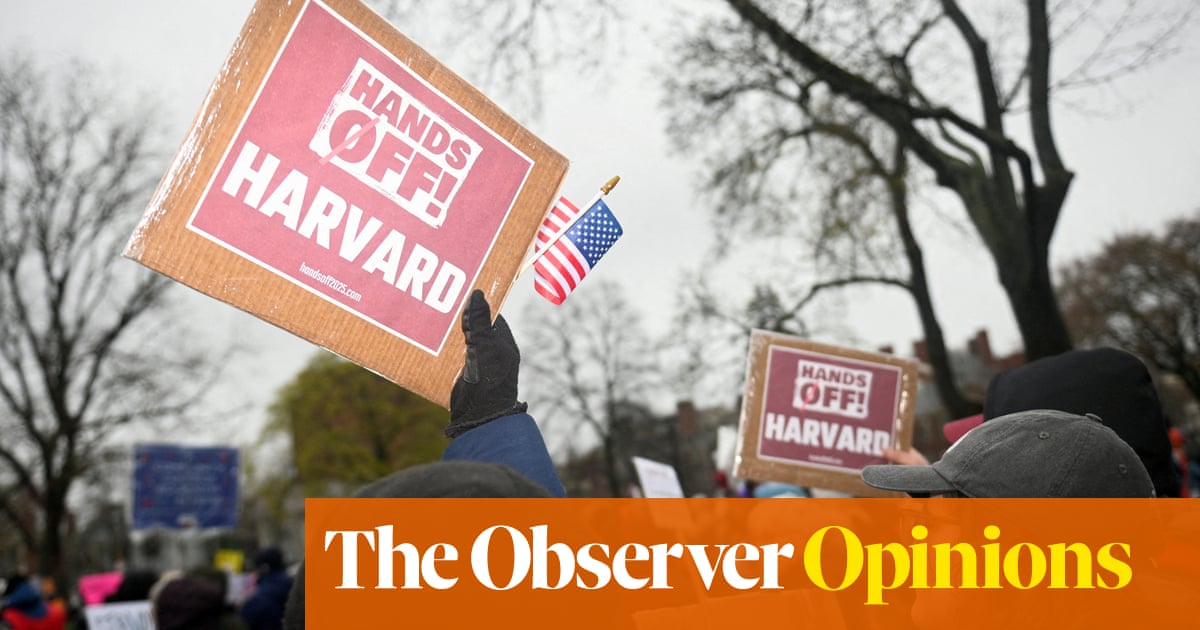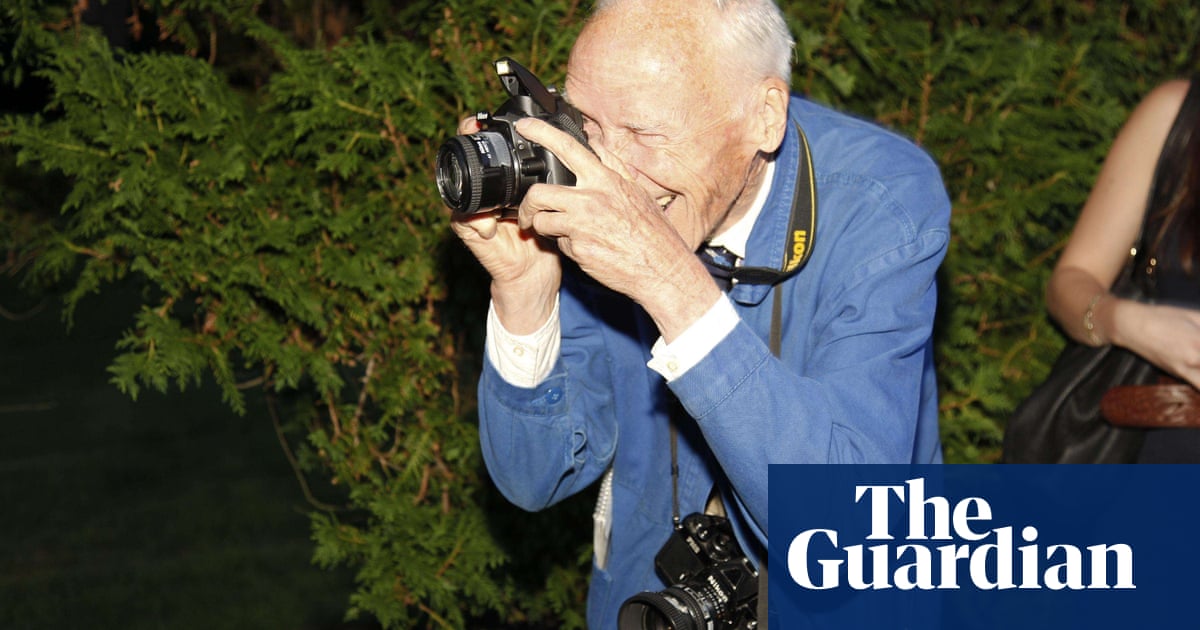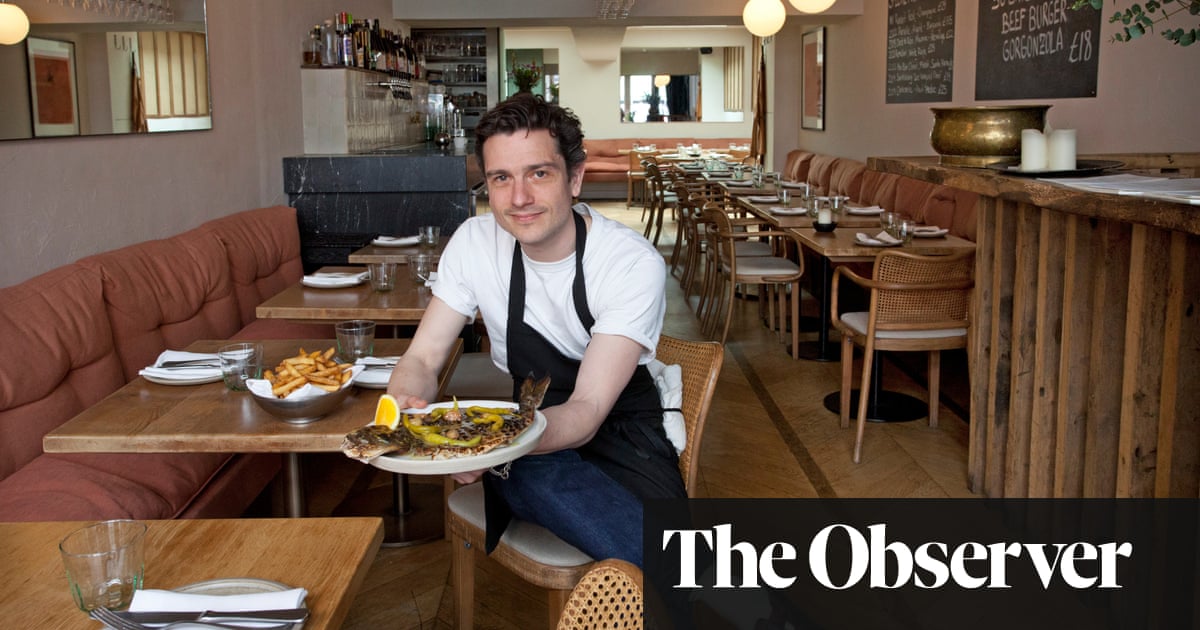As the Christmas lights flicker off across the country and gift wrap is crumpled into trash bags the world over, we are about to collectively turn from the festive, indulgent holiday season to its more stringent coda. We are leaving the season of eat, drink and be merry, and entering an annual time of smug righteousness, virtuous self-denial and ostentatiously effortful self-discipline. Christmas is over. It is time, now, for new year resolutions.
Allow me to be blunt in saying that there are few rituals I despise more than this, the annual January catalog of joyless, dutiful aspirations. The pledges to drink less, quit smoking, save money, work more and above all to lose weight – might be neutral, even admirable, on their own. But coming, as they do, in a mass seasonal push, in the form of boasting, peer pressure and loudly advertised gym membership sales, they create what has always struck me as an oppressive opening to the new year, one heavy on self-criticism and hypocrisy and light on serious engagement with the ways we should – and can – change.
Seeking out a new year resolution is, after all, itself often an unhappy exercise in appraising yourself and finding yourself wanting. As December comes to a close and the new year looms, with its mandate for change and renewal, many of us will take a good, long look in the mirror at what we have made of ourselves in 2024.
Chances are we are all a bit worse for wear. For my part, I have more gray in my hair, darker circles under my eyes and a mouth that sags at the corners, frowning even when I feel cheerful. Many of us will see how too many Christmas drinks have made our skin sallow, or find that the cookies and cheeses of the last weeks’ festivities have made our clothes feel tight. Some will look at alarm at what the gift-giving season has done to their bank accounts; others will notice the mess on their desks, the dwindling pack of cigarettes in their bag.
All of this leads many of us, at the end of each year, to the nagging voice at the back of our mind – quieted at times, but never silenced – that says we are not quite living our lives correctly. It is this voice, the voice of self-reproach, that tells us that we should be accomplishing more, with more grace; that we should be smarter, healthier, more productive and thinner. Our 2024 lives have been insufficient, the voice tells us, but in 2025 we have an opportunity – maybe even an obligation – to make them better. This, at its core, is what we resolve to do.
But is this the right way to think? There is, after all, another way to think about all the detritus that we are left with at the end of the year: things to be grateful for. Hangovers and weight gain might not be pleasant, but they are usually the evidence of pleasures enjoyed and desires fulfilled. Spending too much money on gifts might be a sign that there are many people in your life you love and care about. Seeing the wear and sag of age in the mirror is a privilege that some people do not get.
But the ethos of resolutions transforms these dividends of a life well-lived into moral deficits, debts that must be paid off in installments. January, we have collectively decided, is when the bill comes due.
There is a way in which the abstemious season of resolutions is a natural corollary to the frenetic holidays. You can think of the scrupulous austerity of January as little more than the pendulum swinging back, a natural balance to the excesses of December. But this would be more convincing if January really did usher in changes to our behavior and personalities.
The other feature of new year resolutions is how famously they are not kept. Our pledges to quit smoking last days or weeks; our solemn oaths to never drink again do not survive an invitation to happy hour; the repetitious little lunches of honorable kale and quinoa seem revolting by February, and it is usually around March that many of us learn that it’s not so easy to cancel that gym membership that we signed up for in a frenzy of virtuous promises.
The changing of the calendar, it turns out, does not change our selves: we remain the same jumble of indulgences and weaknesses. When our resolutions fail, we discover that our flaws are more persistent than we thought; we have a deeper and more stubborn resistance than perhaps we had thought to doing things for our own good. It turns out that it is very hard to change: we rarely take up good habits, especially when they are more high-minded than practical or fun. And we rarely let go of our bad ones, even when we make ourselves suffer.
Perhaps we should abandon resolutions, if only to not make ourselves suffer more. One alternate pledge we might take up as we stare down 2025 might be to forgo the upright vows to spend hours on a treadmill or never eat sugar again, and attempt, instead, something like making peace with our own foibles and failures. This does not require us to stop seeing ourselves for the flawed beings that we are; merely to indulge those flawed beings every once in a while, or at the very least to keep their failures in proportion.
As I head into the new year, I have no shortage of opportunities to catalogue my own faults – and if I forget, there’s a chance some of my relatives will do so for me. But I hope to treat them as I might treat an old friend, one whom I can see clearly and still feel a certain warmth towards. There will be no moment in the coming year when any of us, I or you, are unburdened of our defects. Instead, we will keep on being what we have always been: irascible, messy, stubborn, selfish, lazy, impulsive and alive.
-
Moira Donegan is a Guardian US columnist

.png) 3 months ago
27
3 months ago
27













































